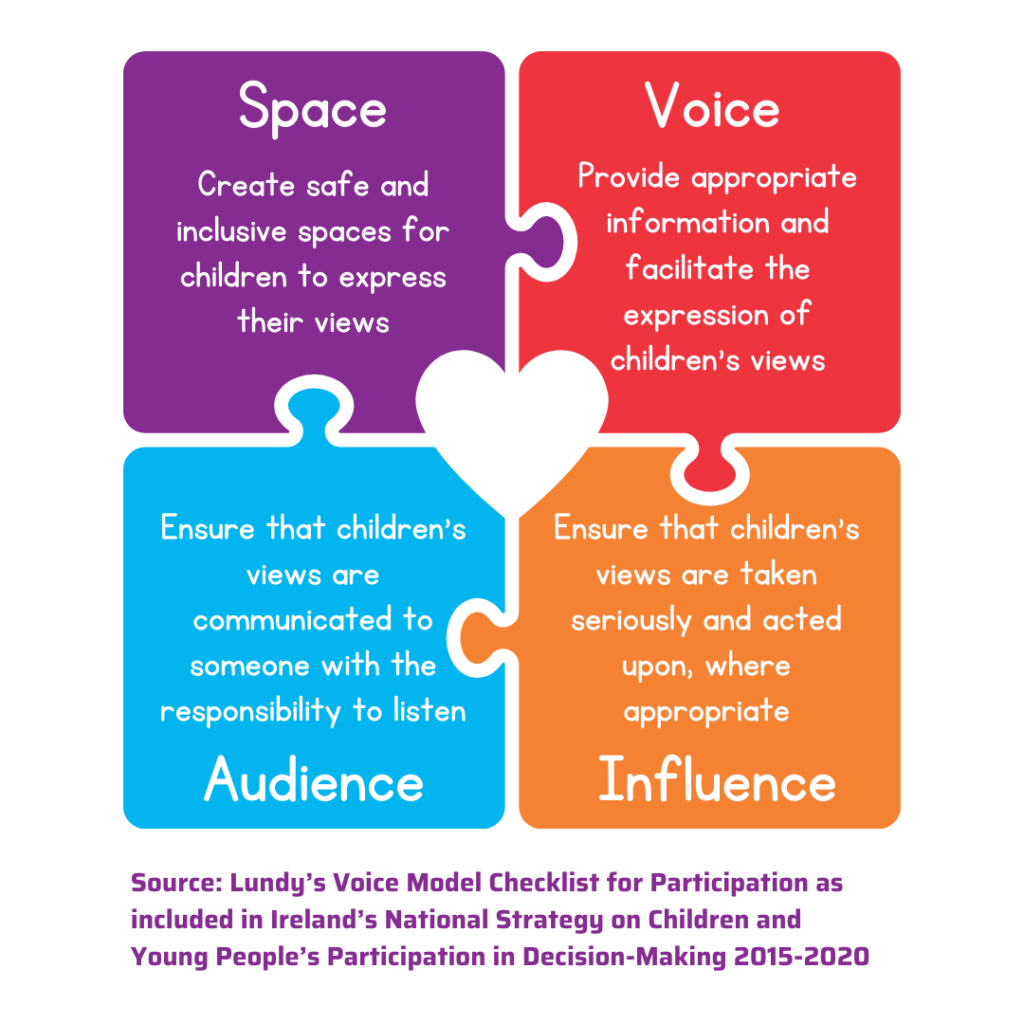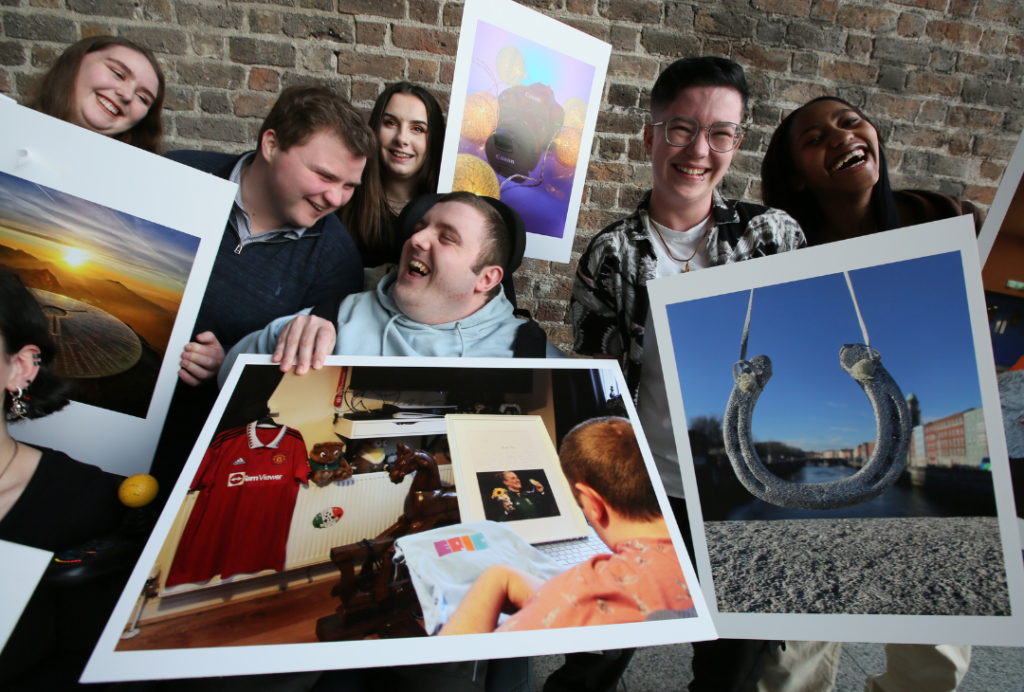Youth Empowerment
EPIC is committed to empowering children and young people to have their views heard and considered, as we believe they have the power to influence change locally and nationally.
Through a programme of youth engagement and participation, EPIC creates safe, inclusive spaces for the active involvement of care-experienced children and young people.



The EPIC Care Community & Youth Councils
In the EPIC Care Community, children and young people learn about their rights and how their voices can create change. Our Youth Engagement and Participation team identify opportunities for our young members. These include bespoke training, creative projects, and building life skills. The team aim to support members to be youth advocates who may then wish to move into the Council space. The EPIC Youth Councils are for those who wish to advise EPIC and other services on how to improve the lives and experiences of children in care and young care leavers. Council members contribute to national conversations on care, meet policy makers, and engage with other decision-makers to bring about positive change in policy and practice.
EPIC works with children and young people up to the age of 26, and designs activities for children under 18 and young adults aged 18-25. All Care Community members will also have opportunities to contribute to EPIC’s events, campaigns and projects. The Community also offers social meetups, spaces to explore and talk about care experiences, while having some fun and meeting new friends along the way. It all depends on what a child or young persons wants.
What Guides EPIC’s Youth Engagement and Participation work?
In EPIC, our work is guided by Professor Laura Lundy’s Model of Participation. The Lundy Model, as it is known, is a way for us to make sure that Article 12 of the United Nation’s Convention on the Rights of the Child (UNCRC) is upheld, promoted, and put into practise.
UNCRC is a very important international treaty that details the rights that every child and young person has. Article 12 states that children have the right to express their views freely in all matters affecting them, and for their views to be given consideration. Article 12 also states that a child should be heard in any legal and administrative proceeding that affects them.
In simple terms, children have the right to give their opinions freely on issues that affect them, and adults should listen and take children seriously!
The Lundy Model has four parts, and it is important to consider them collectively, as together they promote the active participation of children and young people.

